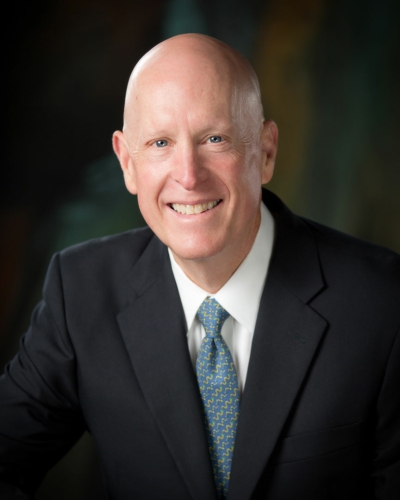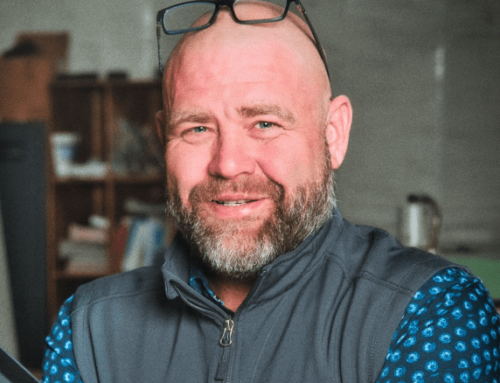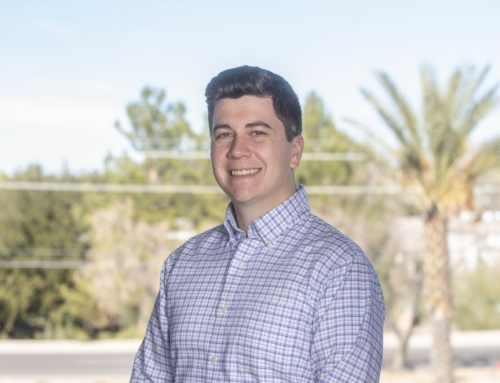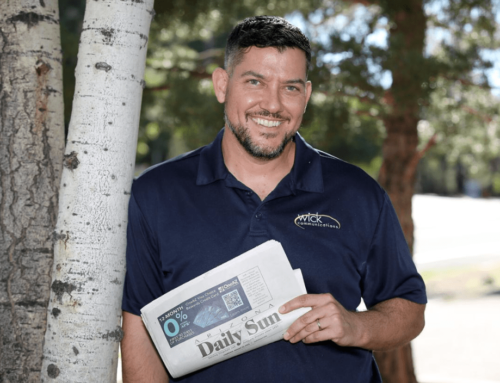 John Romney said what has worked for newspapers in the past will work for them in the future — connect with audiences and report relevant, engaging stories.
John Romney said what has worked for newspapers in the past will work for them in the future — connect with audiences and report relevant, engaging stories.
Figuring out how to do it successfully on a rapidly evolving digital platform is an ongoing challenge but offers significant opportunities.
Romney, who joined the Wick Communications Board of Directors in 2017, became chairman in March.
He spent 35 years working with companies on financing and capital structure and has experience in banking, investment, lending and mergers and acquisitions. He retired in June as managing director of Levine Leichtman Capital Partners, a private equity firm where he most recently oversaw new investment opportunities.
“My task has been trying to help the family plan for the future,” Romney said, pointing to a strong background in private equity and assessing business opportunities.
Wick Communications CEO Francis Wick said the company will draw heavily on Romney’s experience as it moves ahead.
“John’s background in finance, varied business experience and the history of his family business made him uniquely qualified to assist Wick in expanding our thinking,” Wick said. “He brings a demeanor and focus to ideas and opportunities that do not frighten his business sense. This approach offers great flexibility for Wick as we continue to pioneer into a world of journalism.”
Romney, 64, doesn’t have a background in the newspaper industry but said the challenges and opportunities aren’t lost on him.
“Journalism can be saved, absolutely,” he said, noting universal challenges with ad revenue and declining print circulation. “The question is what is the state going forward” — a reference to new strategies and ideas already coming to life in Wick, including the NABUR social media platform and efforts to get Congress to support local journalism.
Romney, native Arizonan who now lives in Texas, said Wick Communications has nearly a century of successful journalism behind it and a clear vision for the future.
“The family legacy and the commitment of three generations to this news organization is its biggest strength,” he said. “Then it’s the tremendous community engagement where they have publications.”
“The really good, strong publisher base and outstanding management from the corporate office are driving a more digital platform and putting it in a position to succeed,” he said. “Publisher and writers, they’re what make Wick strong.”
He said NABUR, funded through a Google grant and launched in April, puts the company right where it needs to be.
“For a community newspaper to have that digital component is pretty outstanding,” Romney said. “Now the question is, can you turn it into revenue, and how can you be supported in a digital age?”
But Romney said lessons learned from the past are key to figuring out the future.
Print publications still pay the bulk of the bills, and “driving connectivity to the community” will always be a priority. Digital allows opportunities for it on several platforms that readers old and young alike are adopting.
He says he’s one example. An avid reader of the Wall Street Journal, Romney now reads it entirely online.
“It’s just the ease of the ability to consume news,” he says. “I think everybody is going to have to adapt to that as tech increases.”





